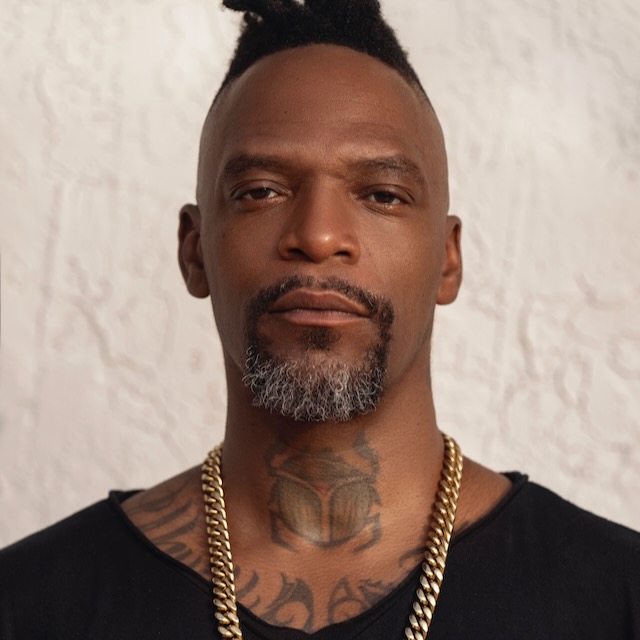
Bonus: Mutulu Olugbala Fighting for Freedom and Social Justice in Cannabis Reform
Official Ignorance is a captivating podcast hosted by Dr. Roger Mitchell, Jr. and Professor Jay Aronson. In this episode, they are joined by the legendary Mutulu Olugbala, also known as M1 of the renowned hip-hop group dead prez, who is now a board member of The Last Prisoner project, focusing on justice for incarcerated cannabis offenders. The trio engages in thought-provoking discussions about various topics, including the impact of hip-hop on political activism, the importance of reimagining the school system and the criminal justice systems, and the fight for justice and liberation. With their fearless perspectives and genuine passion for creating change, this episode offers valuable insights and sparks critical conversations.
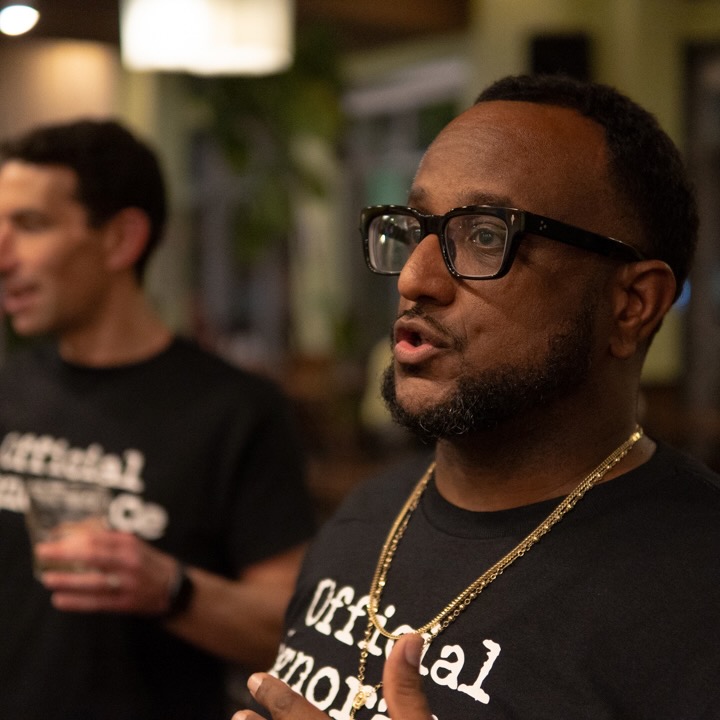
Bonus: How Hip Hop Made Us, pt. 2 – Roger
Enjoy the early, informal recordings that lay the groundwork for the podcast, and learn more about our hosts, their mutual love of hip-hop, and their journey to the topic of death in law enforcement custody.
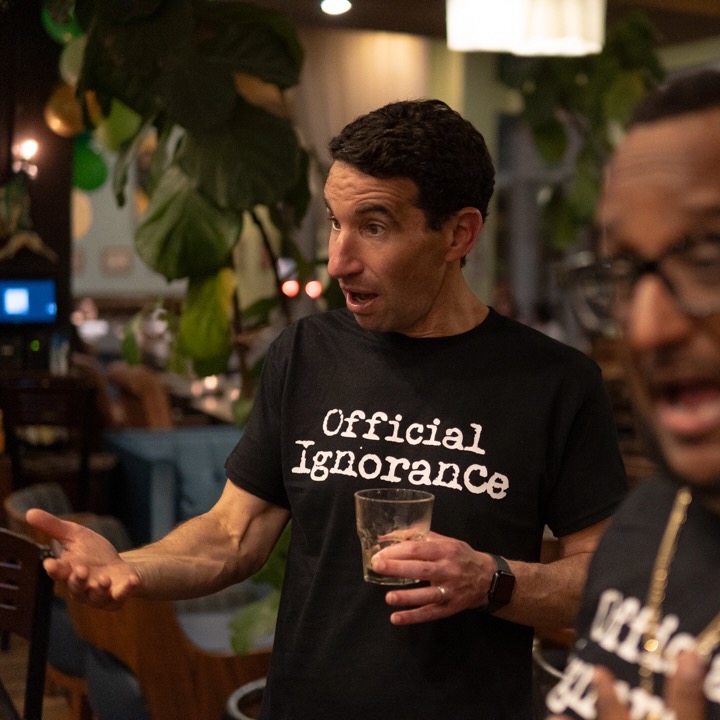
Bonus: How Hip Hop Made Us, pt. 1 – Jay
Enjoy the early, informal recordings that lay the groundwork for the podcast, and learn more about our hosts, their mutual love of hip-hop, and their journey to the topic of death in law enforcement custody.
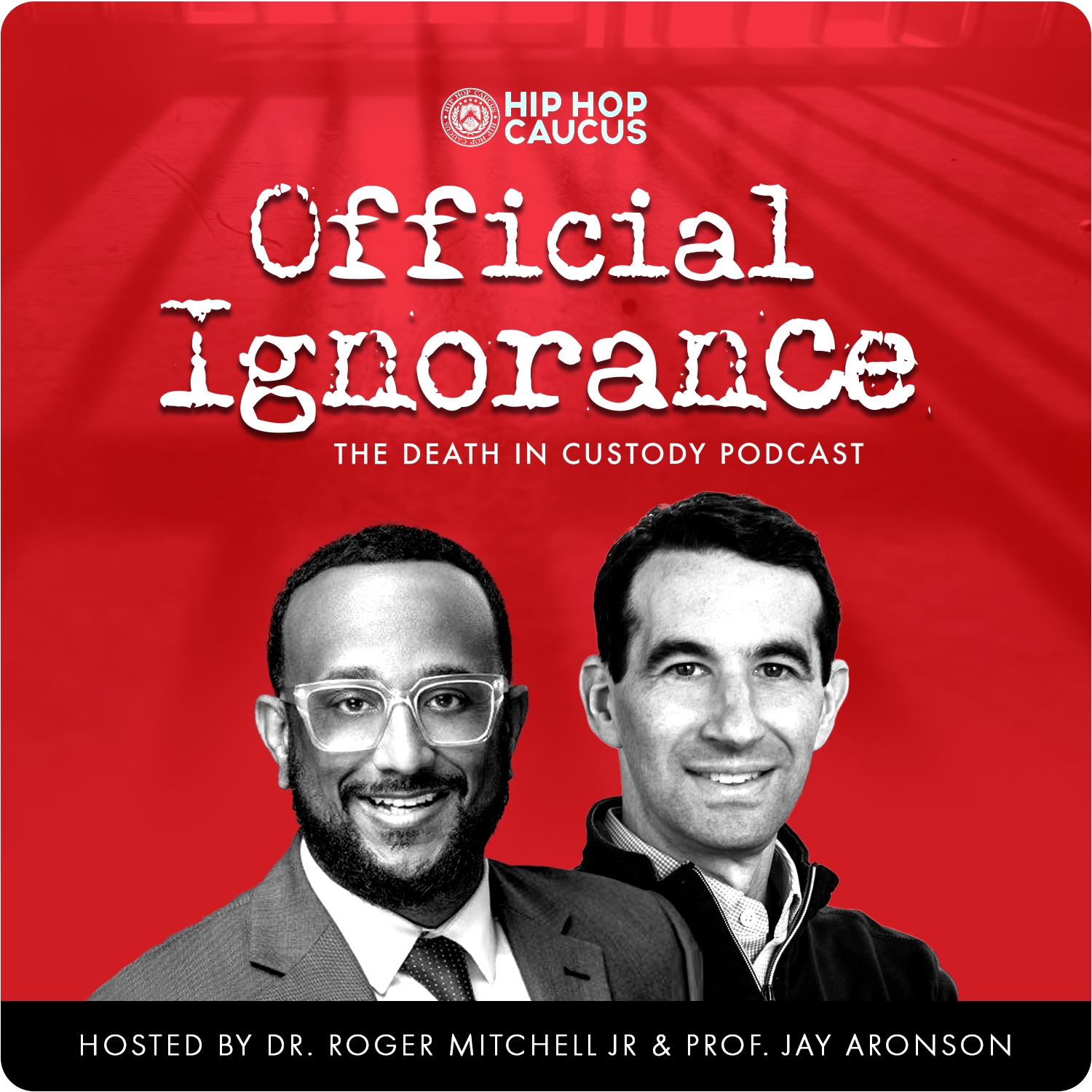
Back to the Beginning: Talking Advocacy and Accountability with Activist Larry Hamm
In the final episode of Season 1, Roger and Jay talk to Larry Hamm, founder of the Newark, NJ-based Peoples’ Organization for Progress, longtime activist, and one of Roger’s earliest mentors. We discuss Larry’s early years as a Black student at Princeton University, his efforts to organize protests in Orange, NJ in the wake of Earl Faison’s 1999 death at the hands of police, and reflect why we should remain hopeful that we can reduce the number of people who die in custody each year in the United States.

Sandra’s Story – The Truth about the American Criminal Legal System
There are no protections in the criminal justice system, especially for Black people. In the case of Sandra Bland, we were reminded that they definitely do not care if you are wealthy, poor, female, queer, or disabled – in addition to your blackness. Mitchell and Aronson dive into why dismantling and reimagining our law enforcement will lead to a fairer justice system.

Dr. Joye Carter: The Nation’s First Black Chief Medical Examiner takes on Death in Custody
On today’s episode we have a wide-ranging conversation with Dr. Joye Carter, the nation’s first Black board-certified chief medical examiner, about her long career as a forensic pathologist. We ask her about her efforts to expose deaths in custody that would otherwise have been covered up. We discuss the importance of mentorship, diversity in death investigations, and eliminating racism from the medical field.

We Count What We Care About: Uncovering Hidden Deaths in Our Nation’s Prisons and Jails
On today’s episode, we talk to Josh Vaughn and Brittany Hailer, journalists working to expose the deadly toll of Pennsylvania’s jails. Josh tells us about his efforts to track disparities in the deaths that jails in the state report and the number that actually occur. Brittany tells us how she has shown that the Allegheny County Jail in Pittsburgh has one of the highest known death rates in the country. They also talk about their recent grant from the Pulitzer Center for Crisis Reporting to build a database of jail deaths in the state in the face of official ignorance from government at all levels.

The Miseducation of Capitol Hill: The Death in Custody Reporting Act
In today’s episode, we discuss a recent Senate hearing led by Sen. Jon Ossoff from Georgia that investigates the abject failure of the federal government to do what the Death in Custody Reporting Act of 2013 requires it to do—determine how many people are dying in prisons and jails each year, record where they are dying, and explain why they are dying. The Senate investigation found that the Department of Justice missed at least 990 deaths, and most likely many more, in 2021. Ossoff calls the needless deaths we describe in our book and in this podcast, and the failure to account for them, a constitutional and humanitarian crisis. We conclude by offering concrete solutions to the unconscionable lack of data on deaths in custody currently available in the United States.
